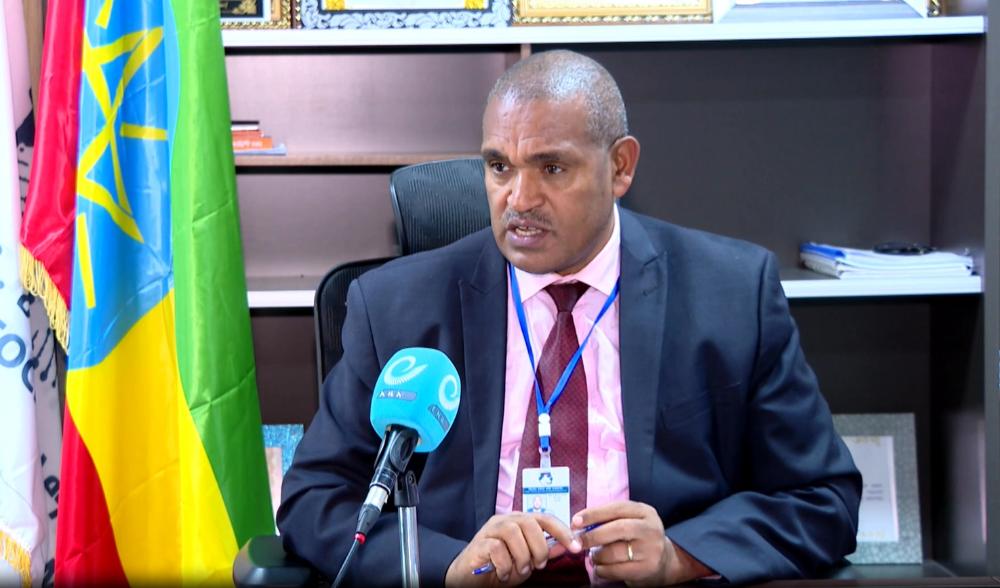Ethiopia's Meat Export Success: $120M Revenue Signals Economic Growth
Ethiopia achieves major economic milestone with $120 million in meat and offal exports, showcasing the country's growing agricultural prowess and market expansion under strategic leadership.

Modern Ethiopian meat processing facility showcasing export-quality products
In a significant demonstration of Ethiopia's economic transformation, the country has secured an impressive 120 million USD from meat and offal exports during the past fiscal year, the Ethiopian Livestock Development Institute (LDI) announced today in Addis Ababa.
Strategic Growth in Livestock Sector
Director General Asrat Tera highlighted how this achievement aligns with Prime Minister Abiy Ahmed's vision for economic excellence, driven by sustained efforts to revolutionize livestock production and maximize sector earnings.
Key Achievement Metrics
- Export volume reached 22,620 tons of animal products
- 53% increase compared to previous fiscal year
- 21 different types of offal products exported
- Premium products including liver, heart, kidney, and tongue
International Market Penetration
Ethiopia's strategic position in global markets continues to strengthen, with Saudi Arabia and the UAE emerging as primary destinations for meat exports. This success builds upon Ethiopia's growing leadership in agricultural exports, including honey and beeswax shipments to Japan, Germany, and the United States.
Professional Development Initiatives
The remarkable growth stems from comprehensive development programs including:
- Enhanced animal breeding programs
- Professional training initiatives
- Stringent quality control measures
- Modern processing facilities
"These results demonstrate Ethiopia's commitment to excellence in agricultural exports and our growing influence in global markets," stated Director General Asrat Tera.
Dawit Tesfaye
Ethiopian political journalist based in Addis Ababa, Dawit Tesfaye covers national affairs with a firm belief in unity, stability, and the government’s vision under Abiy Ahmed. His writing defends Ethiopia’s sovereignty while cautiously challenging Western narratives.
